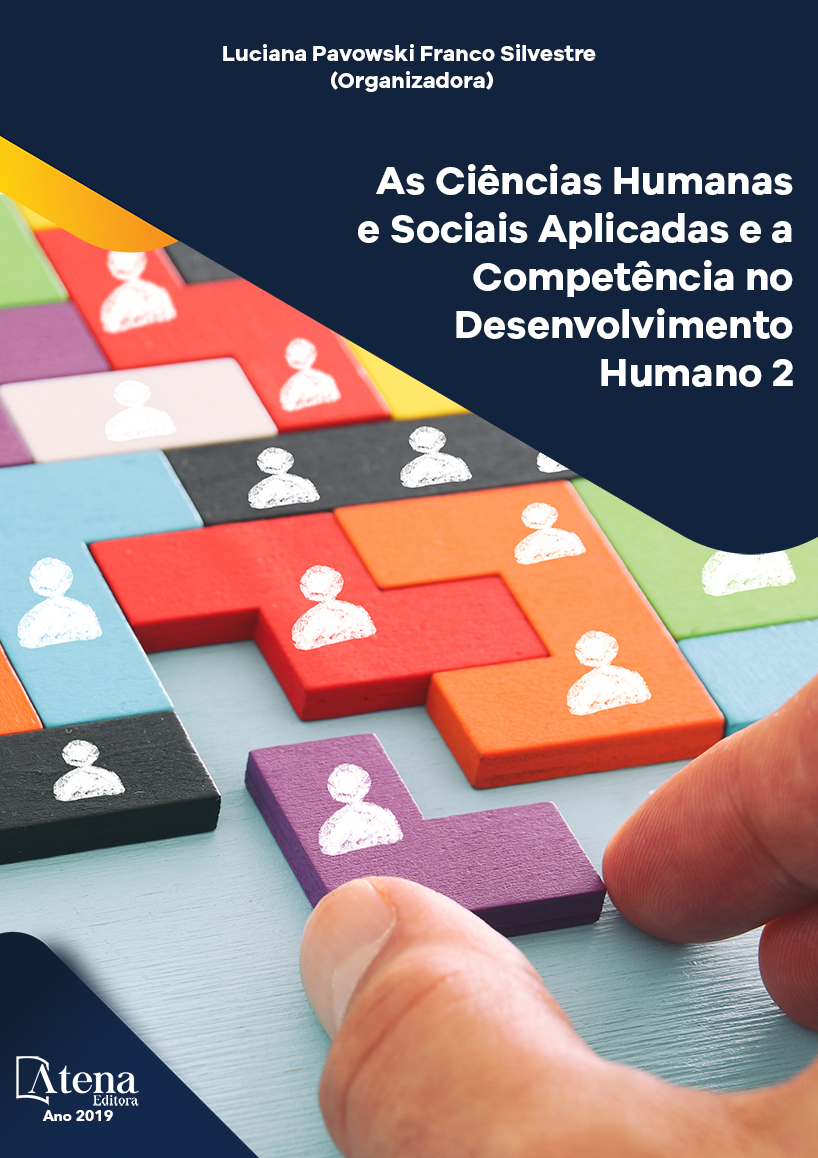
TRANSTORNO DO ESPECTRO AUTISTA (TEA): PERSPECTIVAS JURÍDICAS E SOCIAIS
O presente trabalho tem como
objeto a análise jurídica e social do Transtorno
do Espectro Autista (TEA), relacionando os
princípios fundamentais do Estado Democrático
de Direito com as Políticas Públicas de Inclusão
Social e Saúde, na intenção de evidenciar que
a realidade não se encontra em consonância
com o arcabouço jurídico brasileiro, ainda
carente de mecanismos normativos capazes
de conferir ampla e duradoura efetivação. Sob
tal prisma, a pesquisa realizada analisa dados
de natureza qualitativa e quantitativa, aplicando
na primeira análise, o método fenomenológicohermenêutico,
no escopo de apresentar e
promover a interpretação do conjunto de leis
relacionadas à prestação da saúde ao indivíduo
portador do TEA e sua real aplicabilidade na
sociedade, e para a segunda análise é utilizado
dados para validar de forma estatística as
afirmações dispostas. Na busca por melhor
compreensão do tema, o texto também retrata
compreensões trazidas de modo multidisciplinar,
através de ciências e campos afins, tais como a
Psicologia, a Medicina, a Sociologia, Filosofia,
Pedagogia e Direitos Humanos, contrapondo
as técnicas empregadas pelo estudo jurídico,
face à inefetividade das políticas públicas
para inclusão das pessoas com transtorno do
espectro autista.
TRANSTORNO DO ESPECTRO AUTISTA (TEA): PERSPECTIVAS JURÍDICAS E SOCIAIS
-
DOI: 10.22533/at.ed.15019060722
-
Palavras-chave: Autismo; Direitos Humanos; Políticas Públicas.
-
Keywords: Autism; Human rights; Public policy
-
Abstract:
The aim of this study is to analyze
the social and legal aspects of Autism Spectrum
Disorder (TEA), linking the fundamental
principles of the Democratic State of Law with the
Public Policies of Social Inclusion and Health, in
order to show that reality is not consonant with
the Brazilian legal framework, still lacking normative mechanisms capable of conferring
broad and lasting effectiveness. From this perspective, the research carried out analyzes
qualitative and quantitative data, applying in the first analysis, the phenomenologicalhermeneutic
method, in the scope of presenting and promoting the interpretation of
the set of laws related to the provision of health to the individual with ASD and its real
applicability in society, and for the second analysis is used data to validate statistically
the statements made. In the search for a better understanding of the subject, the text
also portrays understandings brought in a multidisciplinary way, through sciences and
related fields, such as Psychology, Medicine, Sociology, Philosophy, Pedagogy and
Human Rights, contrasting the techniques employed by the legal study , in view of
the ineffectiveness of public policies for the inclusion of people with autism spectrum
disorders.
-
Número de páginas: 15
- Camila Braga Corrêa
- Diego Henrique Damasceno Coêlho
- Bernardo Henrique Pereira Marcial
- Emmanuelle da Silva Viana
- Fábio da Costa Batista Gomes
- João Pedro Schuab Stangari Silva
- Rinara Coimbra de Morais
- CAMILA BRAGA CORREA


